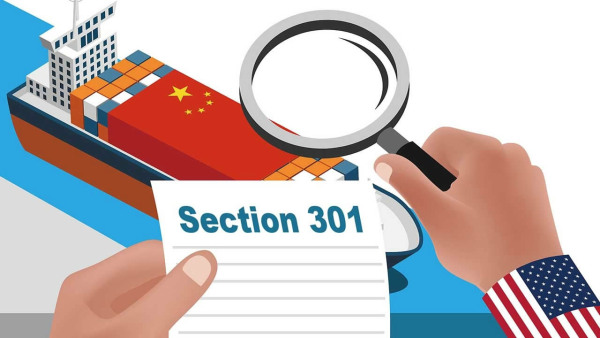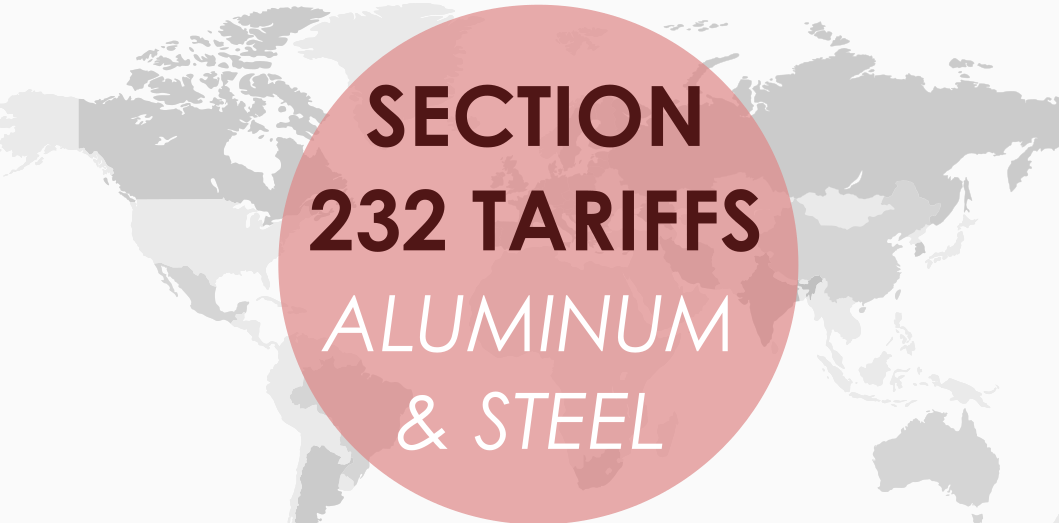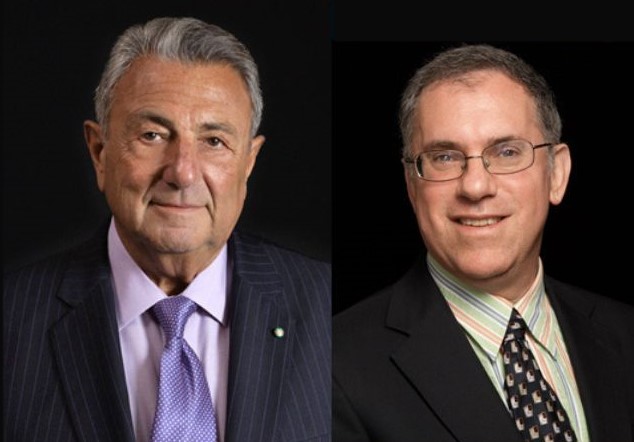January 8, 2025:
On January 8, 2025, the U.S. Court of Appeals for the Federal Circuit (CAFC) heard oral argument in the lead China Section 301 case (HMTX Industries LLC v. U.S.). The three-judge panel assigned to the case consists of two experienced CAFC judges and one judge sitting by designation from the U.S. District Court for the Eastern District of Texas.
The judges asked the parties to address issues that included statutory interpretation, the scope of what would be a permissible modification to the original 301 tariff action (List 1 and List 2), and whether the retaliatory duties imposed by China were related to the conduct that was the subject of the Section 301 investigation, i.e., China’s practices with respect to forced transfer of technology.
We anticipate that the CAFC will issue its decision within the next few months. Whatever the CAFC decides, there will likely be further proceedings, either a request for a rehearing before the CAFC, or a writ of certiorari to the Supreme Court. Accordingly, a final decision in this case is likely to take another year or more.
November 25, 2024 Update:
The litigation challenging the assessment of additional duties on goods imported from China under Section 301 is continuing. The U.S. Court of Appeals for the Federal Circuit (CAFC) has finally calendared the lead (HMTX Industries LLC v. US) for oral argument. The oral argument will take place on January 8, 2025, at the CAFC in Washington, D.C.
We anticipate that the CAFC will issue its decision approximately four to six months after the oral argument. Whatever the CAFC decides, there will likely be a further appeal, either a request for a rehearing before the CAFC, or a writ of certiorari to the Supreme Court. Accordingly, a final decision in this case is likely to take another year or more.
February 12, 2024 Update:
On February 12, 2024, plaintiffs filed their reply brief in the appeal pending before the U.S. Court of Appeals for the Federal Circuit (CAFC). Plaintiffs’ brief expanded on its arguments that the United States Trade Representative (USTR) lacked the statutory authority to issue List 3 and List 4A tariffs, particularly in light of recent CAFC and Supreme Court cases.
The next step in the litigation is that next week, the parties will file a joint appendix of documents and citations to the record of the case. Once the joint appendix is filed, the CAFC will set a date for oral argument in the coming months.
December 21, 2023 Update:
On December 21, 2023, the Government filed its principal brief in the appeal pending before the U.S. Court of Appeals for the Federal Circuit (CAFC). The Government’s brief urges the CAFC to affirm the decision by the U.S. Court of International Trade that upheld the actions by the United States Trade Representative (USTR) to modify the original tariffs imposed following the Section 301 investigation into China’s harmful policies as concerning technology. The disputed modifications entailed the imposition of List 3 and List 4A, which vastly increased the scope of the tariffs applied on merchandise imported from China.
In short, the Government argues that the statute grants USTR broad authority to modify an initial imposition of Section 301 tariffs and that the modifications related to China’s harmful trade practices that were the subject of the Section 301 investigation. The brief also argues that USTR’s actions are entitled to deference because they were done at the direction of the President. Finally, the Government asserts that the procedural requirements of the Administrative Procedures Act do not apply but that even if they do, they were met by USTR.
Appellants’ reply brief is due on February 12, 2024. The CAFC will likely hear oral argument in late spring 2024 and the CAFC may issue its decision on the appeal in the summer, or later if the court orders additional briefing.
October 20, 2023 Update:
On October 20, 2023, the U.S. Court of Appeals for the Federal Circuit (CAFC) granted the Government’s request for a second extension of time to file its response brief in the China Section 301 litigation appeal. The U.S. Department of Justice had argued that it needed additional time to consult with other government agencies and to conduct its internal review. The Government’s brief is now due on December 21, 2023. Appellants’ reply brief will be due 21 days after the Government files its brief. It is possible that appellants will obtain a short extension.
The revised schedule means that the CAFC will likely hear oral argument in late spring 2024 and the CAFC may issue its decision on the appeal in the summer.
August 15, 2023 Update:
On August 15, 2023, the U.S. Court of Appeals for the Federal Circuit (CAFC) granted the Government’s request for an additional 60 days to file its response brief in the China Section 301 litigation appeal. Such extension requests are routine and are typically granted by the CAFC. The Government’s brief is now due on October 27, 2023. Plaintiffs’ reply brief will be due 21 days after the Government files its brief. It is possible that plaintiffs will obtain a short extension.
The revised schedule means that the CAFC will likely hear oral argument in early 2024 and the CAFC may issue its decision on the appeal in late spring.
May 12, 2023 Update:
As expected, the plaintiffs in the lead Section 301 case filed an appeal to the U.S. Court of Appeals for the Federal Circuit (CAFC) on May 12, 2023, seeking to overturn the trial court’s March 17, 2023, decision. Once the CAFC receives the records from the trial court proceedings, the parties will be required to file briefs. The briefing schedule is approximately four months, however, filing deadlines may be extended by the court. Once briefing is complete, the CAFC will hold an oral argument before issuing its decision on the appeal. We anticipate that the CAFC is likely to reach a decision on the appeal within a year to 18 months from today’s date.
While the appeal is pending, all other cases filed by importers to challenge the List 3 and List 4A Section 301 additional duties will remain suspended; there are no additional filings required at this time. Should you have any questions, please contact our attorneys at Grunfeld, Desiderio, Lebowitz, Silverman & Klestadt LLP.





